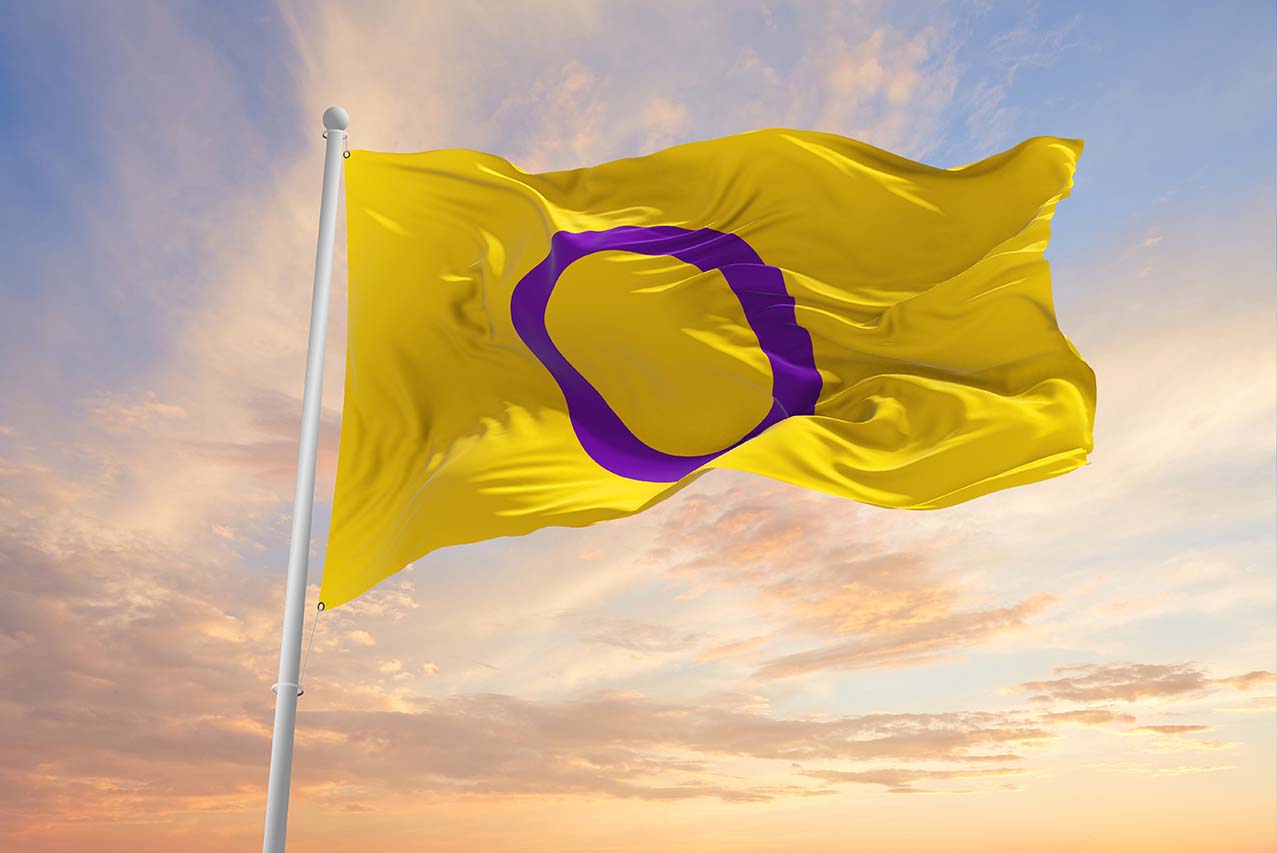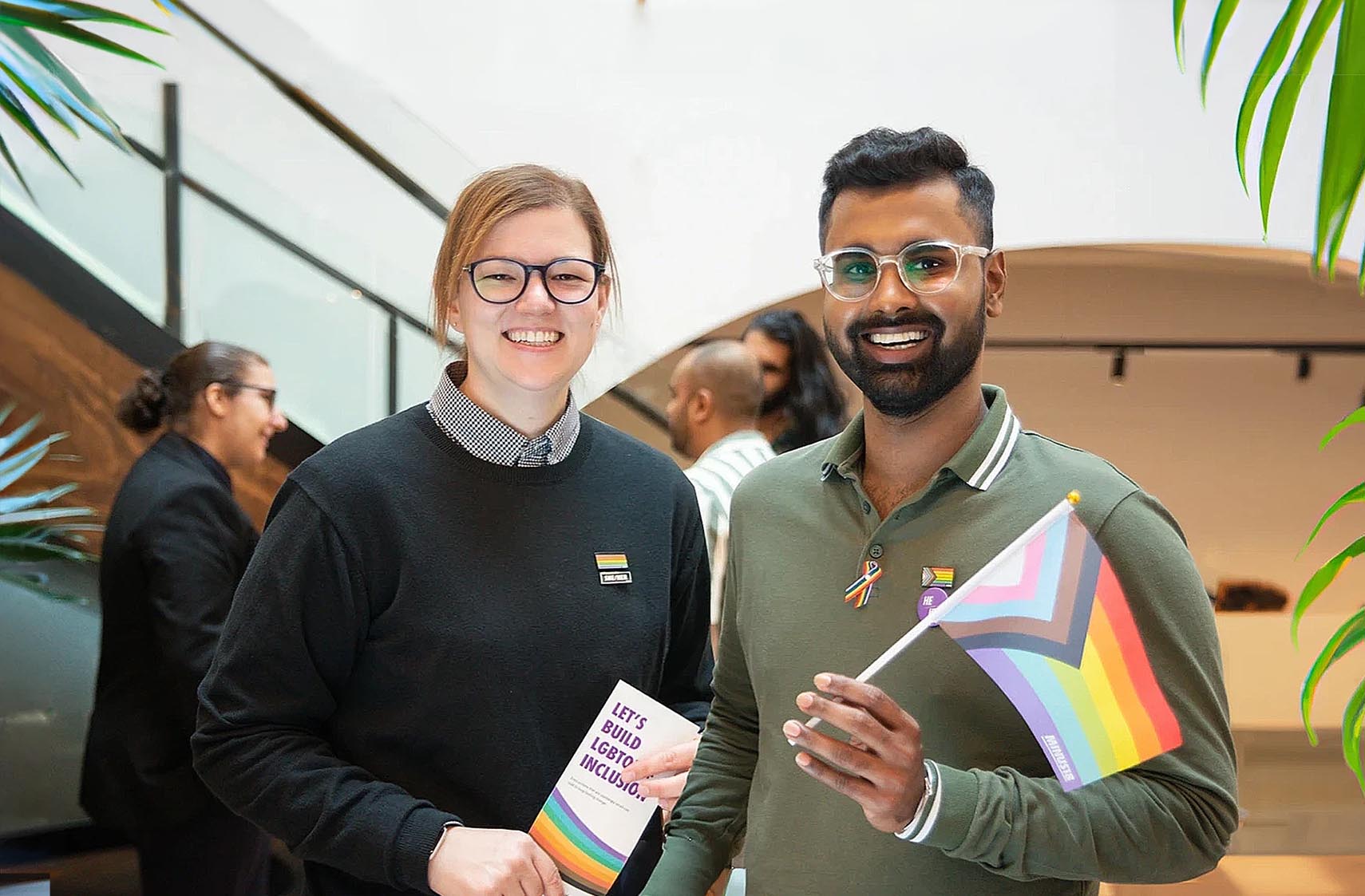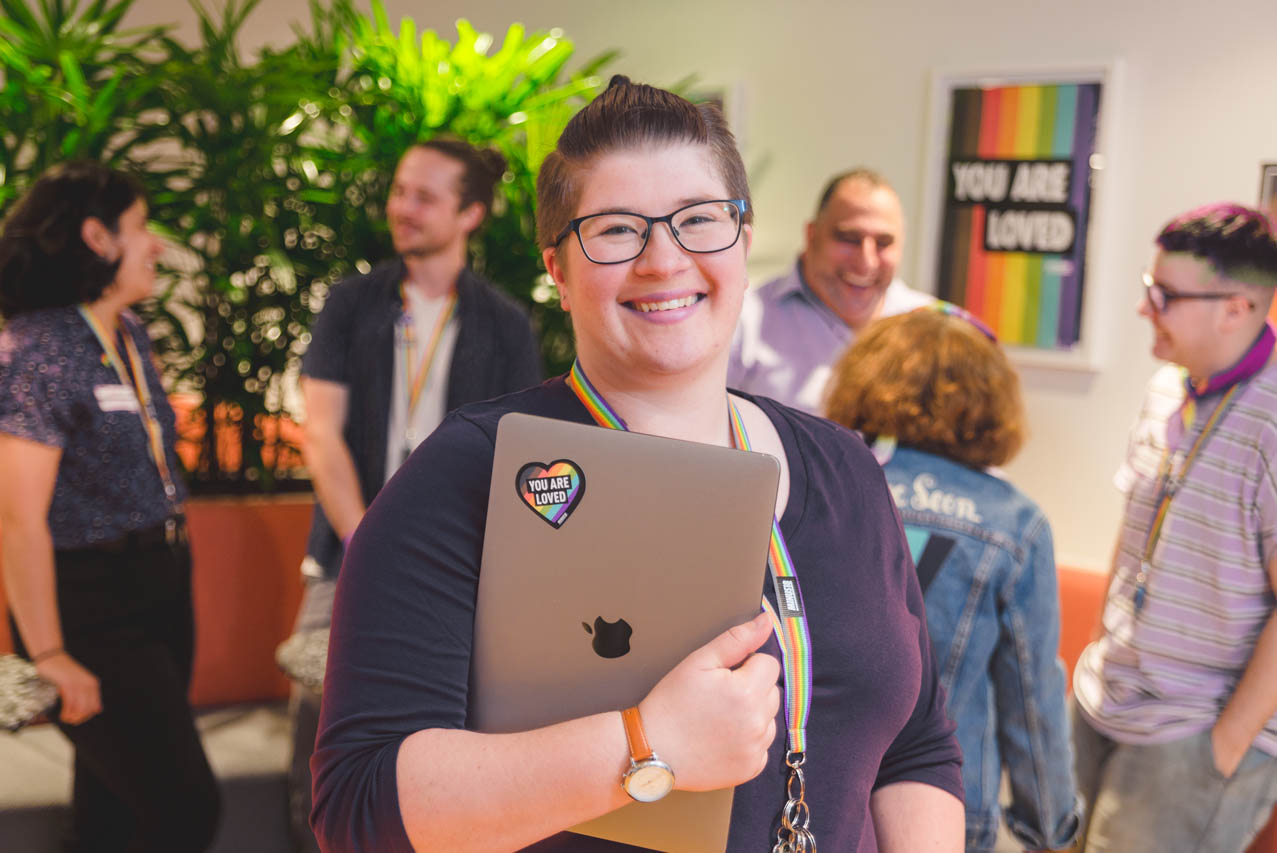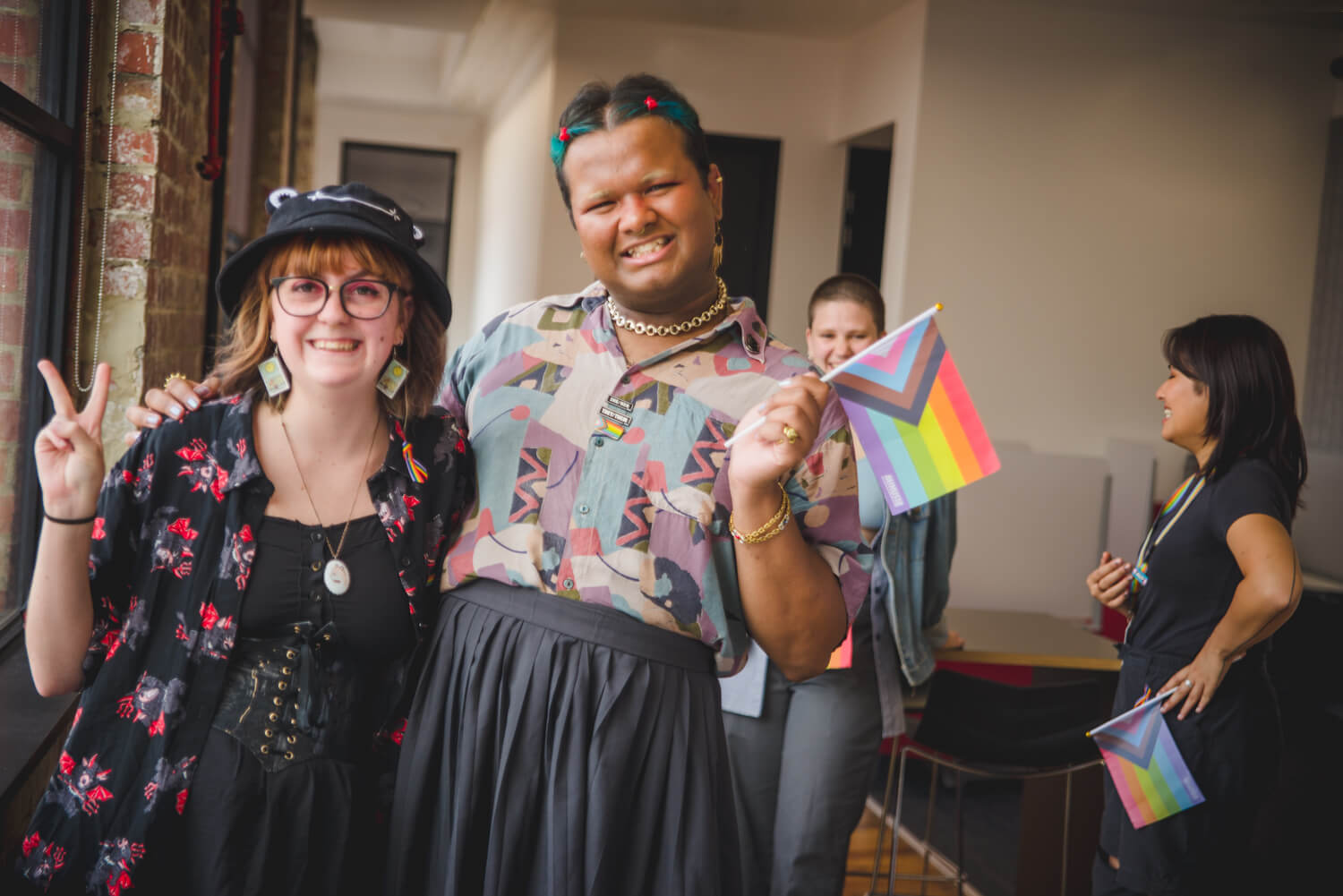
Being an Ally to Intersex People
December 20, 2022
Understand What it Means to be Intersex
Intersex is a term used to describe people born with physical sex characteristics that don’t fit social or medical norm for male or female bodies. There’s a lot of variety in the physical traits people can have, and the categories of male and female don't describe everyone. Learn more about intersex experiences and discrimination here.
Use Respectful Language
It’s important to be respectful when talking to or about intersex people. Avoid making assumptions about body or identity and use language that is inclusive of intersex bodies. This includes understanding:
Sex characteristics: the physical features relating to sex, including genitalia and other sexual and reproductive anatomy, chromosomes, hormones, and secondary physical features emerging from puberty.
Physical sex is different to gender. Gender refers to the socially constructed roles, behaviours, expressions and identities of who you know yourself to be. That could be man, woman, non-binary, agender, genderfluid etc.That the term hermaphrodite is a slur. Unless you’re an intersex person talking about yourself, or an intersex person explicitly told you that’s how to refer to them, it’s not okay to use it.
Respect Privacy
Alex, a young intersex person, shared their experience with what respectful privacy means to them:
When I’m comfortable with a person, I’ll tell them that I’m intersex if they ask me about it. I’ve told most of my family and close friends, but sharing this part of my identity can still be difficult. Some people still don’t understand what intersex means, or have really negative ideas about it.
Our bodies can also be quite personal things, so it’s important to respect our right to decide what we tell you. It’s okay to ask questions, but think about how appropriate what you’re asking is. If you wouldn’t ask a non-intersex person a certain question, then you probably shouldn’t be asking me either.
Advocate for Change
One of the most important ways to be an ally to intersex people is to advocate for change. This can be done by staying informed about the experiences of intersex people, signing petitions, amplifying the voices of intersex communities, and donating to intersex organisations.
The reality is that in Australia, many intersex people still don’t have a say about the medical procedures performed on their bodies that modify their sex characteristics. The campaign Intersex Human Rights - My Body, My Choice led by Equality Australia and Intersex Human Rights Australia demands reform across the country, including to:
- End unnecessary medical procedures modifying the sex characteristics of intersex people without their personal consent
- Establish an independent body, including members with lived experience, to oversee decisions where medical procedures are necessary but the person is unable to provide consent
- Fund and provide access to affirming peer support, counselling and other intersex-led resources to ensure intersex people and their families are supported at every step in their journey
You can view the full list of community demands and sign the petition via Equality Australia.
Elevate Intersex Voices
Intersex inclusion needs to be led by the experiences of intersex people. This includes ensuring that these experiences are represented whenever including I in the acronym LGBTQIA+.
If your organisation isn’t directly connected to intersex people, then elevate the voices of those who are already sharing our stories and experiences, and consult with intersex people or organisations when working on relevant resources or training.
Another way to elevate intersex voices is to engage with and support artists, media and content created by intersex people.
For instance, you could listen to "The I in Us" on Australia's JOY94.9, the only weekly (Wednesdays 7pm to 8pm AEST) live-to-air radio show in Australia focused on intersex stories, issues, and experiences, hosted by two Intersex people.
Intersex Inclusion in Forms
Intersex Human Rights Australia outlines best practice for collecting data on forms and surveys that is inclusive of intersex people. The key guidance outlined is that it should never be assumed that a respondent understands what is meant by the term intersex, and to include this information within the question. For example:
Were you born with a variation of sex characteristics (this is sometimes called intersex or differences of sex development)?
or:
Intersex is a term for people born with atypical physical, hormonal, and/or chromosomal sex characteristics. There are many different intersex traits or variations. Do you have an intersex variation? Yes/No
More information on inclusive forms can be found via Intersex Human Rights Australia
Find out more about the ABS standard for the collection of data relating to sex, gender, variations of sex characteristics and sexual orientation here
Sign the Darlington Statement
The Darlington Statement is a resource developed by intersex organisations and independent advocates which sets out the priorities and reforms demanded by the intersex human rights movement in Australia and New Zealand.
Support Intersex Organisations
Support organisations that are dedicated to improving the experiences of intersex people. This can be done by volunteering your time, donating money, or simply spreading the word about their work. Additionally, many intersex organisations offer educational materials, resources, and workshops that can be helpful in learning more about the intersex community. In Australia, these groups include:
Intersex Human Rights Australia (IHRA),
Intersex Peer Support Australia (IPSA)
A Gender Agenda (AGA) in the ACT
-----
Read more about LGBTQIA+ Allyship
Related Articles

Much of our language reinforces outdated gender binaries. Here are some gender neutral alternatives for daily use.

Being an ally to the LGBTQIA+ community might seem like a big task. Here's where to start.

Building LGBTQIA+ inclusion at work grows closer, more effective teams.

Ways to build LGBTQIA+ inclusion for students and teachers.